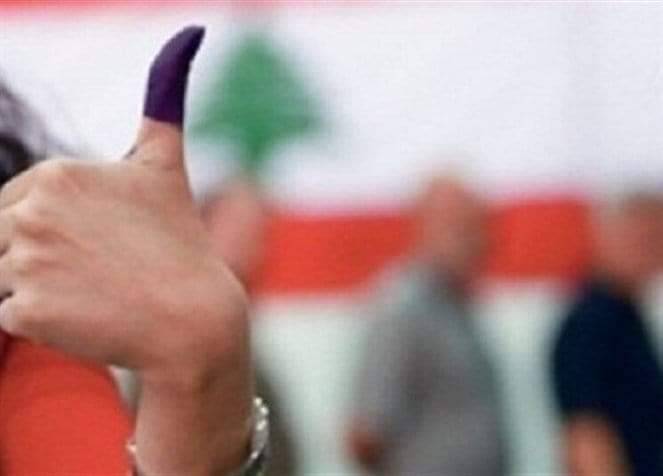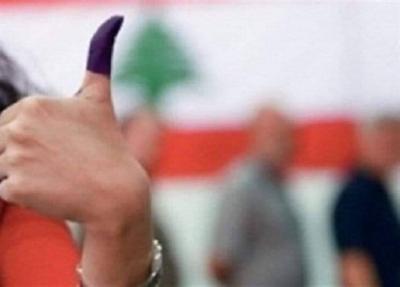The "electoral folklore station" will conclude next Monday morning... officially resulting in a new parliamentary council, but in substance, there is no solution in sight. A political reference believes that the crisis plaguing Lebanon is bigger than a council and a president, noting that a transformation has occurred in recent years regarding the political, strategic reality, as well as the economic, financial, and monetary system… In other words, the system has collapsed, and there is a need to search for a new system that is still not agreed upon.
The reference stated through the "Akhbar Al-Yawm" agency: There is no agreement on the image of Lebanon or its identity; on one hand, Hezbollah wants complete control, while on the other, fragmented parties are trying to overthrow it. In response to a question, the reference believes that the crisis will worsen after the elections, especially if the government becomes caretaker for an extended period, dismissing the expectation of forming a new government within days or weeks. Additionally, he pointed out the issues surrounding the Speakership of the House and the resulting ramifications, suggesting it is possible that the presidential election will arrive without any agreement or solution.
Given this turmoil, the reference highlighted that the key question is: How will spending be managed in the Lebanese state? Will it simply be through pressure on the Governor of the Central Bank, Riad Salameh, and reviving lawsuits against him at a time when funds have dried up? He emphasized that there is no such thing as a banking and financial system without a sound political system, asserting that the economy and politics are inseparable. The reference stated: Combating corruption alone is insufficient for establishing these two systems, questioning: What about wars and the country’s position on a constantly shifting regional seismic line and the ongoing policy of obstruction… stating: Lebanon has been paying the price for this for years without pause.
Regarding the agreement with the International Monetary Fund, the reference does not hold high hopes for significant outcomes if an agreement is reached, adding: Look at Egypt, which signed an agreement with the IMF eight years ago and has yet to emerge from its economic crisis, incurring a lot of interest on eurobonds and bonds, despite being supported regionally and internationally, while Saudi Arabia deposited five billion dollars into the Egyptian central bank to prevent its economy from collapsing… questioning: Will the negotiated amount of three billion dollars save Lebanon, which is suffering from a blockade due to the policies in place?
Omar Al-Rassi - Akhbar Al-Yawm




